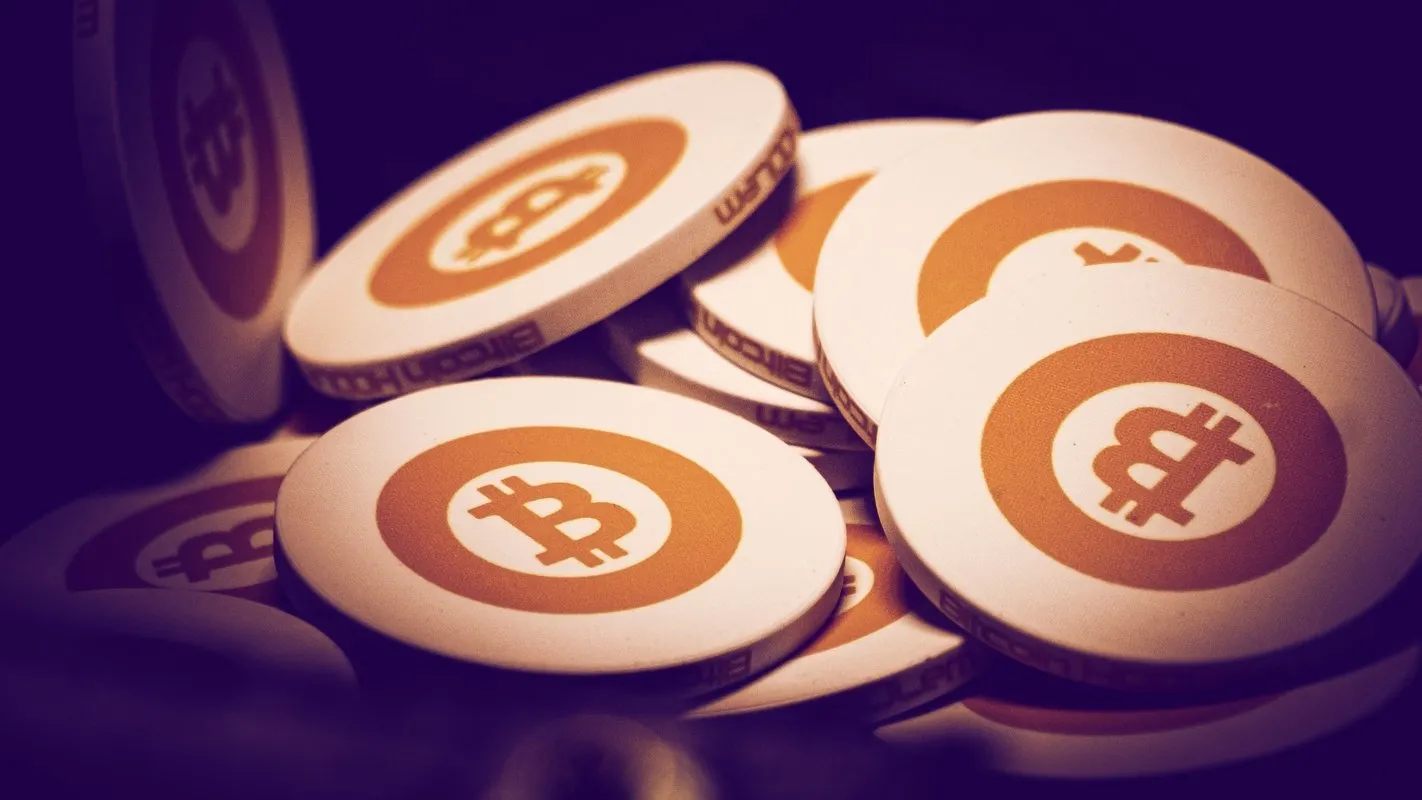You’ve probably seen the comic posted in one of the many online crypto communities; an adaptation of a popular Reddit meme. A jolly little character offers up two games, one adventurous, the other challenging.
His friend asks about a third option.
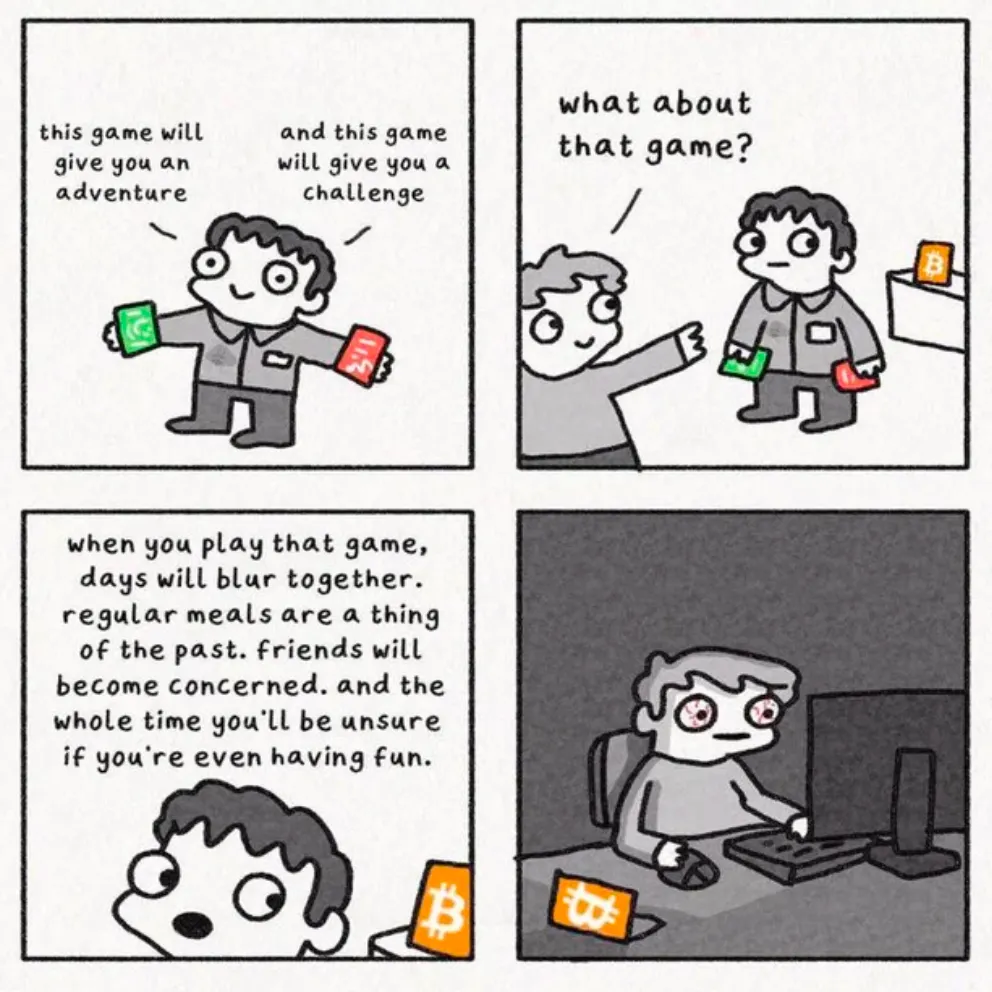
“When you play that game,” the first little guy replies, “days will blur together. Regular meals are a thing of the past. Friends will become concerned. And the whole time you’ll be unsure if you’re even having fun.”
That third game is, of course, Bitcoin.
That comic is familiar to those of us in the crypto industry. From traders staying up until the early hours, to crypto journalists working day and night to cover the fast-growing space, we all relate to it and that’s why it makes us laugh.
But what is it about Bitcoin that initially grabs us and sends us down the rabbit hole? Why do these lines of code reach out of the computer screen, grab our imaginations and pull us in?
During four interviews, with diehard Bitcoiners, Decrypt identified some common traits: a dislike for authority, with a political stance that leans towards libertarianism. But while they revel in Bitcoin’s attributes as a hedge against inflation, or its security, it wasn’t those factors that initially drew them in. Rather, it was the moment they first used Bitcoin or were able to visualise it, that flicked a subliminal switch. So, while the current narratives are important, what gets us obsessed with Bitcoin is something a little more intimate.
“A weapon for peace”
On a day in September 2015, David Bennett, senior administrator at the Texas Tech University, felt confined.
He was at work in his cubicle, lit by a lamp instead of the overhead fluorescent lights that were never turned on. The office was so buried in the middle of the gray, chunky concrete building that was the university’s library, he couldn’t even hear it when it rained—an event that, in the southern end of the High Plains desert landscape, would typically bring everyone running to the windows.

Bennett looked at his monitor. He was just about to send 0.2 Bitcoin, worth $80, from his Coinbase account to Jack Spirko of the Survival Podcast, so he could become a member. He had heard about Bitcoin online a few years ago, but it was only from listening to these podcasts that he was starting to learn more. He popped in Spirko’s address and hit send.
It quickly dawned on him that there were so many things he hadn’t done. He hadn’t put in his bank account details, his home address, his telephone number. He hadn’t authorised someone to take payments from his account. There would be no phoning the bank up to complain that further scam payments had been taken from his account. That was it, done.
He felt liberated.
“That started the whole trip down the rabbit hole,” he told Decrypt. “I sat back. I didn’t say anything then, but later told my co-workers about Bitcoin.”
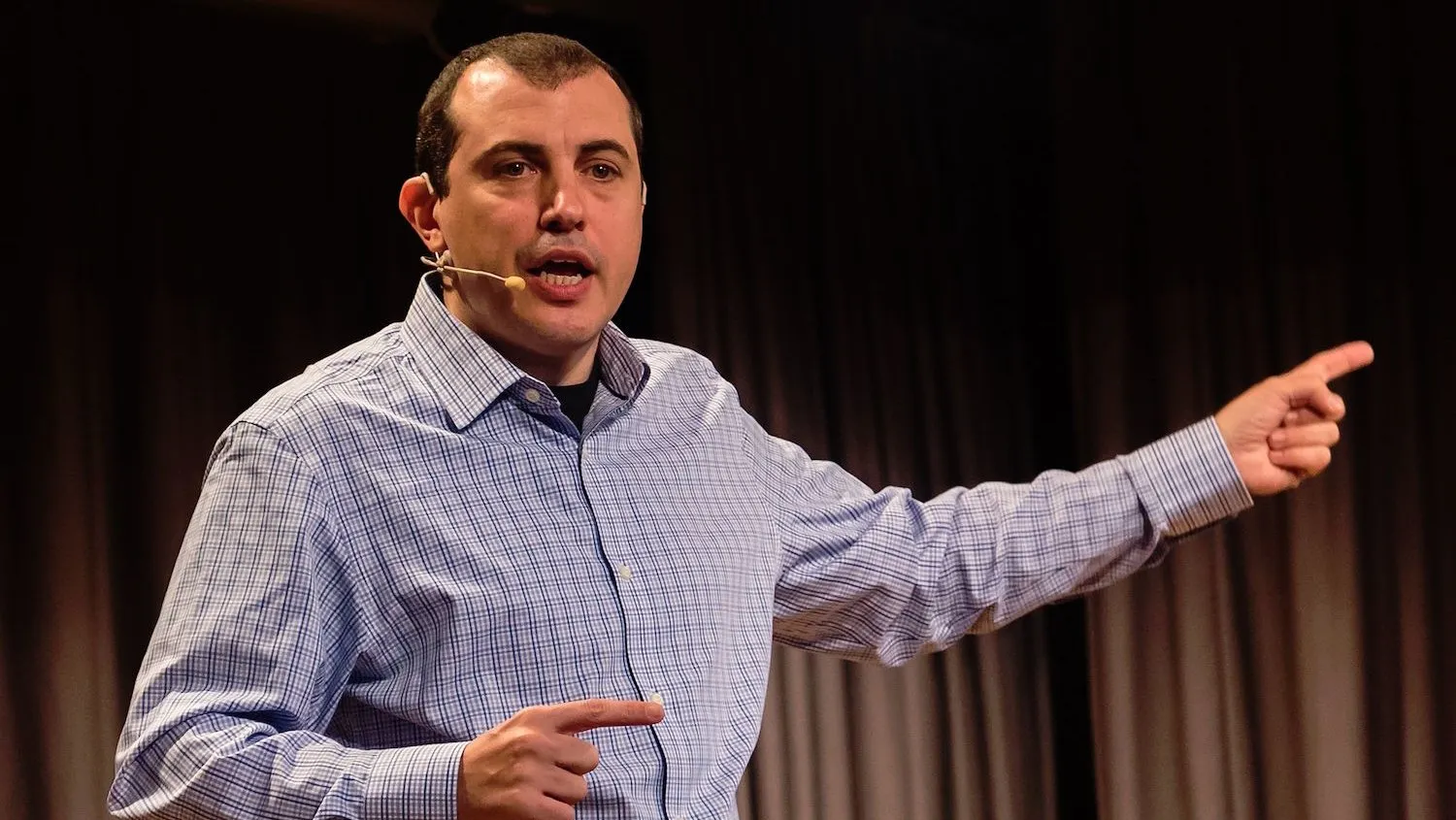
Bennett soon became a regular listener of Bitcoin educator Andreas Antonopoulos as well as Trace Mayer’s weekly Bitcoin Knowledge podcast. Finding himself ill-content with just one podcast episode every week, he set up his own called “Bitcoin and …” where he discusses news on a daily basis.
To this day, he continues to maintain that Bitcoin is a weapon, but, in the words of Parallax Digital CEO Robert Breedlove, one for peace.
“Bitcoin is FU money”
It was a cold day in late October, 2019, when Phil Gibson, a software salesman, drove home for his lunch hour. His friend had convinced him to buy a range of altcoins, such as the Brave browser’s Basic Attention Token and business-focused Syscoin, on crypto exchange Binance. Only the friend had warned him to get a VPN first.
Standing at the kitchen table with his laptop out, Gibson tried paying for NordVPN. But his debit card refused to work, flagging an error message. He tried his credit card. Still no dice. He got on the phone to his bank, to find out what was going on. While he was waiting on hold, it dawned on him that it was probably to do with what he was buying. The customer service assistant came back on and confirmed his suspicions.
Gibson was angry that the bank was banning him from spending his money how he wanted. He ignored the idea of calling his local branch and looked for another way. He noticed the VPN provider accepted Bitcoin, so he took out CashApp, bought Bitcoin and paid for the VPN directly.
“Once I saw that it worked, it was just amazing,” he said. “Bitcoin is FU money—it’s a hell of a drug.”

While he had heard about Bitcoin in 2017 during its epic run to $20,000, this was the moment he truly understood its value. It slotted straight into his libertarian-leaning beliefs and he started binging Bitcoin information, such as the Bitcoin audible podcast by Guy Swann.
But there was one thing about Bitcoin that—unlike the fiat money he had in his bank account—really resonated with him.
“It’s mine,” he said. “Even if I sound like Gollum.”
“It sort of clicked”
Economics student Marty Bent was sitting alone in the library of DePaul University in Chicago, one evening in the summer of 2012. Outside of his evening classes, he had spent the day working at a managed futures fund where he wrote almost exclusively about central banks and monetary policy. With his anti-authority bent, it was clear to him that governments were getting it all wrong.
“I was pretty glued to what the central banks were doing for three to four years. In the depths of QE2, QE3, Operation Twist, I quickly learned the central banks didn’t really have any idea of what they were doing,” he said, referring to examples of quantitative easing and bond buying by the Federal Reserve.
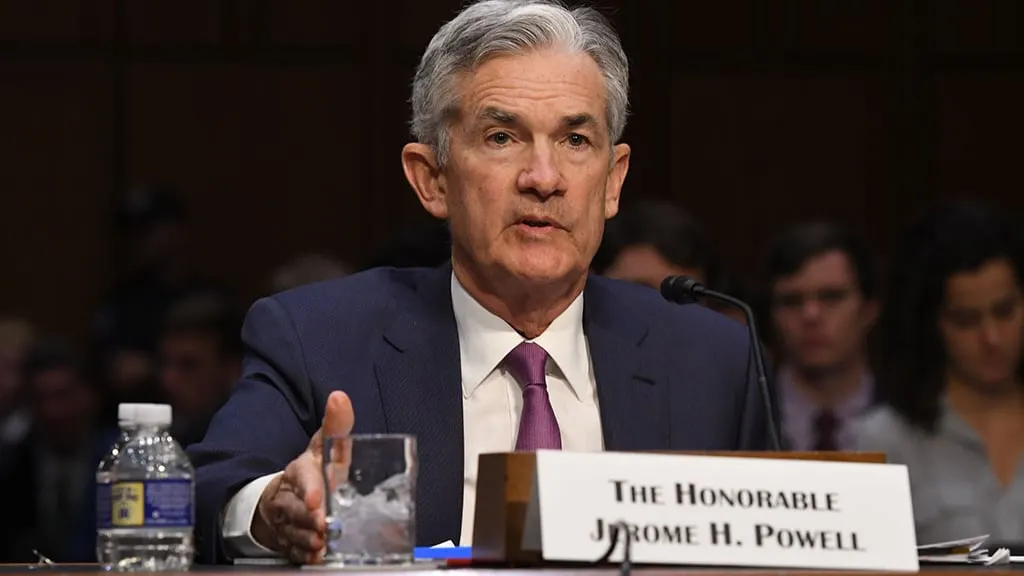
In that moment, he wasn’t studying for his economics lessons the next evening, nor was he preparing for the next day’s commentary at his day job. Instead, he was on BitcoinTalk, poring over everything there was to know about Bitcoin.
Bent said, “I was reading up on Bitcoin and getting a better understanding of the technology and the monetary policies behind it—and it sort of clicked.”
Bent soon started making Twitter lists of prominent Bitcoiners to keep track of what was going on. In the winter of 2013, he used his bonus check to buy his first Bitcoin for $800. Soon after that, it shot up to $1,200 and, driven by the feeling of euphoria, he was suddenly telling his coworkers all about it.
Bent now writes a daily newsletter called Marty's Ƀent and is host of the Tales from the Crypt podcast. Both of which are focused, as you might expect, on Bitcoin.
A “lightbulb moment”
In early 2017, Robert Breedlove was in his home office in Las Vegas, reading a paper on his iMac. Breedlove was a libertarian who had long wondered about money—what it was, and why governments had a monopoly on it. He had read a book called The Creature from Jekyll Island: A Second Look at the Federal Reserve, and one Christmas, he had even handed out copies of an abridged version—called Dishonest Money—to his family.
So, it’s unsurprising that, at that very moment, he was reading Nick Szabo’s explanation of smart contracts, a technology for coding agreements between two parties. Breedlove had known about Bitcoin for several years but it was at this moment, when he finally got what it was for.
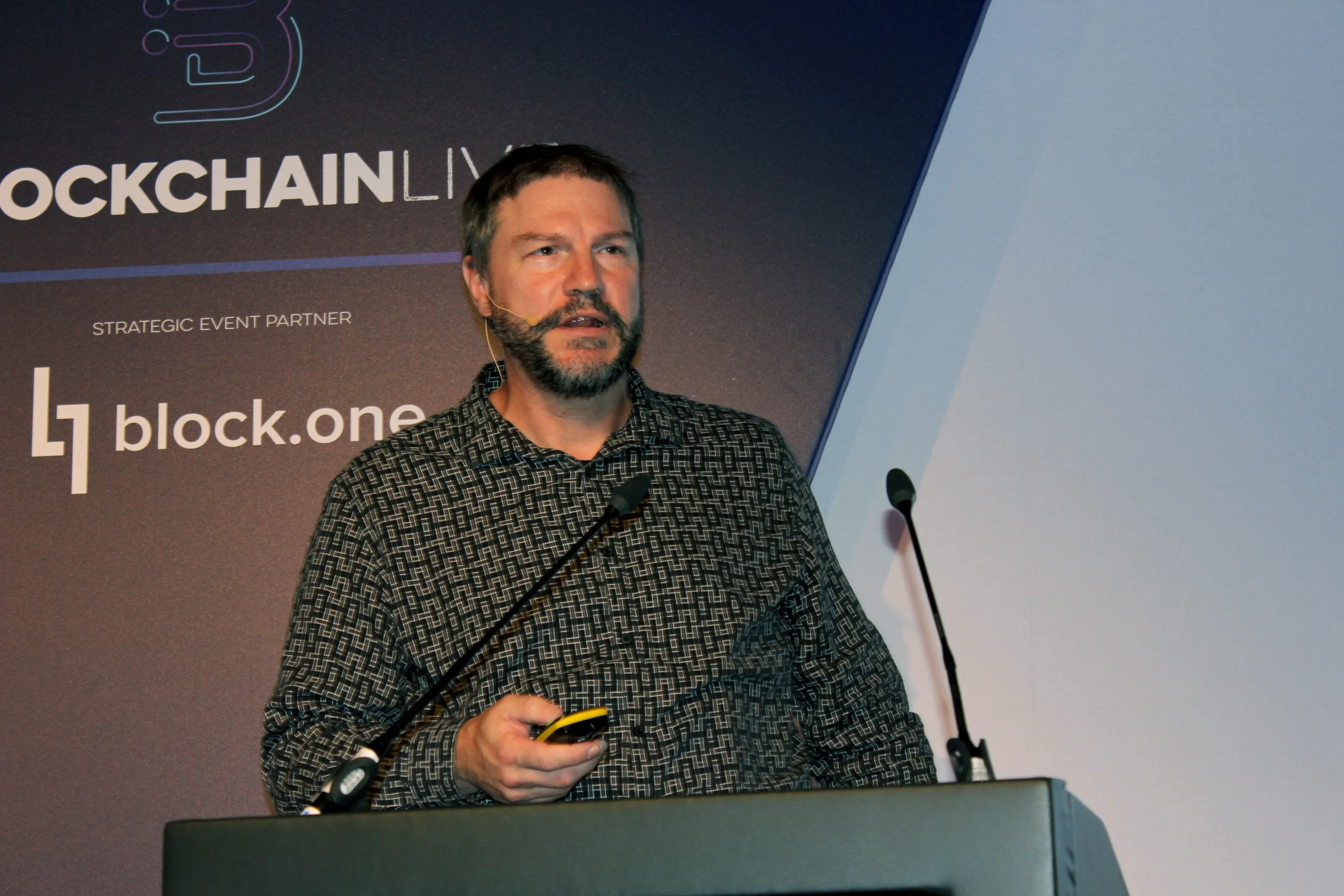
“When i read Nick Szabo’s work on smart contracts—which was actually written in the late 90s—that was when I had my lightbulb moment,” he said. “Oh my gosh, this whole finance industry is basically this intermediate function that could be disrupted by smart contracts.”
It was Szabo’s example of a vending machine that struck him. “A canonical real-life example, which we might consider to be the primitive ancestor of smart contracts, is the humble vending machine,” Szabo wrote.
1/62. As ambassadors of #Bitcoin, I believe we must speak the common tongue and avoid esoteric language so that our message can penetrate minds far and wide. Here, I will shed some light on the Bitcoin and cryptoasset universe in an exoteric nutshell. Let's begin...
Thread⬇️ pic.twitter.com/yiK29rSl4a
— Robert Breedlove (@Breedlove22) June 20, 2019
At that moment, Breedlove could visualize how Bitcoin or Ethereum could play the part of the vending machine, removing the need for the legacy finance industry—while rivalling state-backed fiat currencies. “That’s when I realised that the tech was really going to be a big deal,” he said.
He soon came to believe that it was Bitcoin that had the strongest foundation to disrupt the concept of money. After reading The Bitcoin Standard, by Saifedean Ammous, he devoured books by economists Ludwig von Mises, Murray Rothbard and Friedrich Hayek. He went on to become the CEO of Parallax Digital, which invests in Bitcoin-focused products, and has written a 62-tweet-long thread that sheds light on Bitcoin “in an exoteric nutshell.”





